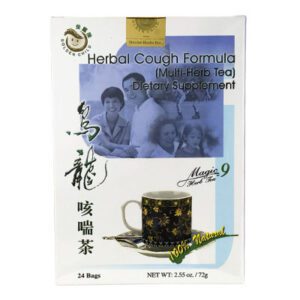He Zi
English Name: chebula, terminalia, myrobalan fruit
Pharmaceutical Name: Fructus Chebulae
Medica Category: Astringent Herbs
Properties: He Zi enters the Lung and Large Intestine channels; it is bitter and astringent in nature and neutral in temperature.
What is He Zi?:
The Chinese Herb is the dried, ripe fruit of the terminalia (aka black or chebulic myrobalan—Terminalia chebula Retz.), which is a type of deciduous tree with small, green leaves that produces white flowers followed by small oval fruits which ripen in the summer. In China, the tree is endemic to Western Yunnan province, but it is cultivated in other parts of the country as well for its fruit, which is used medicinally. Unprocessed (i.e. simply dried), He Zi is used to benefit the Lung and voice; or, it can be roasted for use (in which case it stops diarrhea)—see section below.
Traditional Chinese Medicine (TCM) Therapeutic Actions of He Zi:
He Zi (unprocessed) restrains the Lung, directs rebellious qi downward, and benefits the throat. It is most commonly used to address chronic (deficiency) cough that is coupled with some manifestation of dyspnea (e.g. wheezing or asthma) and loss of voice. It is also commonly used to address chronic laryngitis and pharyngitis.
He Zi (roasted) binds the intestines and stops diarrhea. After being roasted, its thermal property changes to warm, and so it can be used as a single-herb remedy to address diarrhea that is characterized by deficiency and cold (i.e. watery with bits of undigested food). Used in formula with the appropriate herbs, however, it is useful to address damp-heat diarrhea and dysentery as well.
–safety/clinical notes:
He Zi should not be used alone when addressing exterior conditions or internal accumulations of damp-heat.
He Zi should not be used if there are lingering pathenogenic factors in Lung or intestines.




